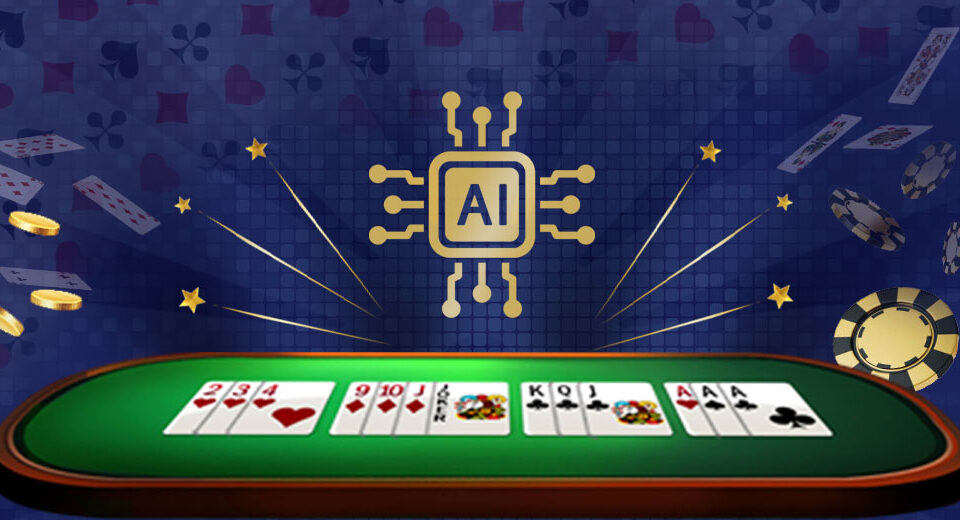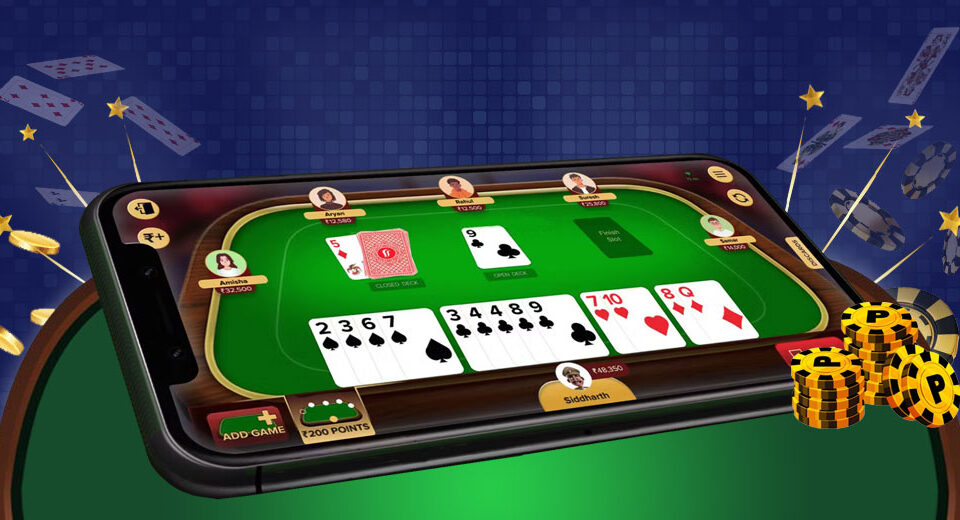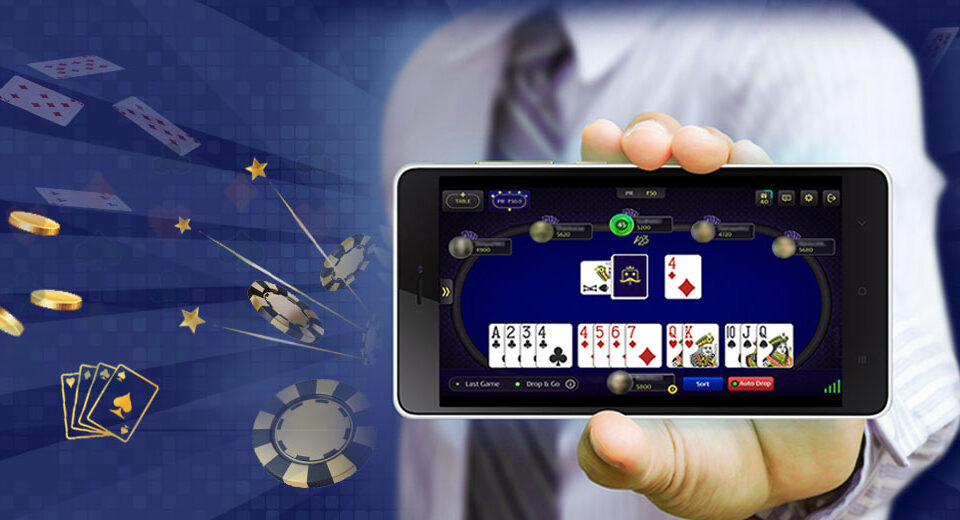The Importance of Quick Thinking in Rummy Matches: Speed Isn’t Just Style – It’s Strategy
In the world of rummy, every second counts. While strategy, observation, and planning form the foundation of the game, quick thinking is the glue that holds everything together in the heat of a match. In both traditional Indian Rummy and modern mobile rummy formats, speed isn’t just about beating the clock - it’s about processing information rapidly, making sharp decisions, and seizing the right opportunity before it vanishes.
Whether you're participating in a timed online rummy tournament or playing on a fast-paced rummy app, your ability to think clearly and quickly can be the deciding factor in who takes the win.
1. Accelerated Decision-Making Under Pressure
Many digital rummy formats now include timed turns. Players are expected to make swift choices with minimal delays. In this environment, hesitation can disrupt your strategy or worse - lead to forced, random plays. Quick thinkers stay ahead not by rushing, but by recognising patterns and acting decisively.
Top performers in speed-based rummy games often rehearse scenarios beforehand so their responses become instinctive rather than reactive.
2. Managing Unexpected Draws
No one can control which card they’ll draw next - but quick-thinking players are prepared for surprises. Instead of pausing to rethink their entire strategy, they have backup plans ready. When a draw doesn’t fit, they pivot. This agility is especially useful in competitive rummy matches, where reacting well to uncertainty is often what separates average players from consistent winners.
3. Speed Reading the Table
Being quick doesn’t mean ignoring what others are doing. In fact, elite players develop the ability to observe the table in real time while managing their own hand. They spot critical discards, identify builds, and detect tempo changes - all while planning their next move.
In real-time rummy lobbies, this dual processing is essential for staying competitive.
4. Reducing Decision Fatigue
Long matches can drain mental stamina. Quick thinkers avoid over-analysis, keeping their decision-making tight and efficient. This reduces the mental fatigue that comes from too much deliberation and helps maintain consistency throughout the game.
This is especially valuable in multi-round rummy events, where endurance plays as much of a role as skill.
5. Better Bluffing Through Timing
Quick, confident moves can psychologically pressure opponents. A swift discard can signal strength - even if it’s a bluff. Timing-based mind games are subtle but effective, particularly in advanced rummy duels where players are alert to every behavioural clue.
6. Speed Enhances Adaptability
Adaptability in rummy means recognising when a strategy isn’t working and making adjustments. Quick-thinking players don’t hold onto a plan that’s falling apart. They shift gears mid-game - whether it’s abandoning a meld or restructuring their hand based on a surprise joker.
Adaptability at speed is key in dynamic rummy gameplay, where formats and rules can vary between rounds or platforms.
7. Training the Mind for Quick Thinking
Speed can be trained. Practice playing on faster game modes or limit your own decision time during practice rounds. Sharpening your reflexes in high-speed rummy challenges helps you remain calm and clear-headed during actual matches.
Conclusion: In rummy, speed isn’t just how fast you play - it’s how fast you adapt.
Quick thinking in rummy is about mental agility, sharp focus, and situational awareness. It’s the skill that holds your strategy together when pressure mounts. Whether you're playing Indian Rummy online, engaging in competitive rummy matches, or sharpening your edge in real-time rummy lobbies, your ability to think fast can make all the difference between a narrow loss and a thrilling win.




